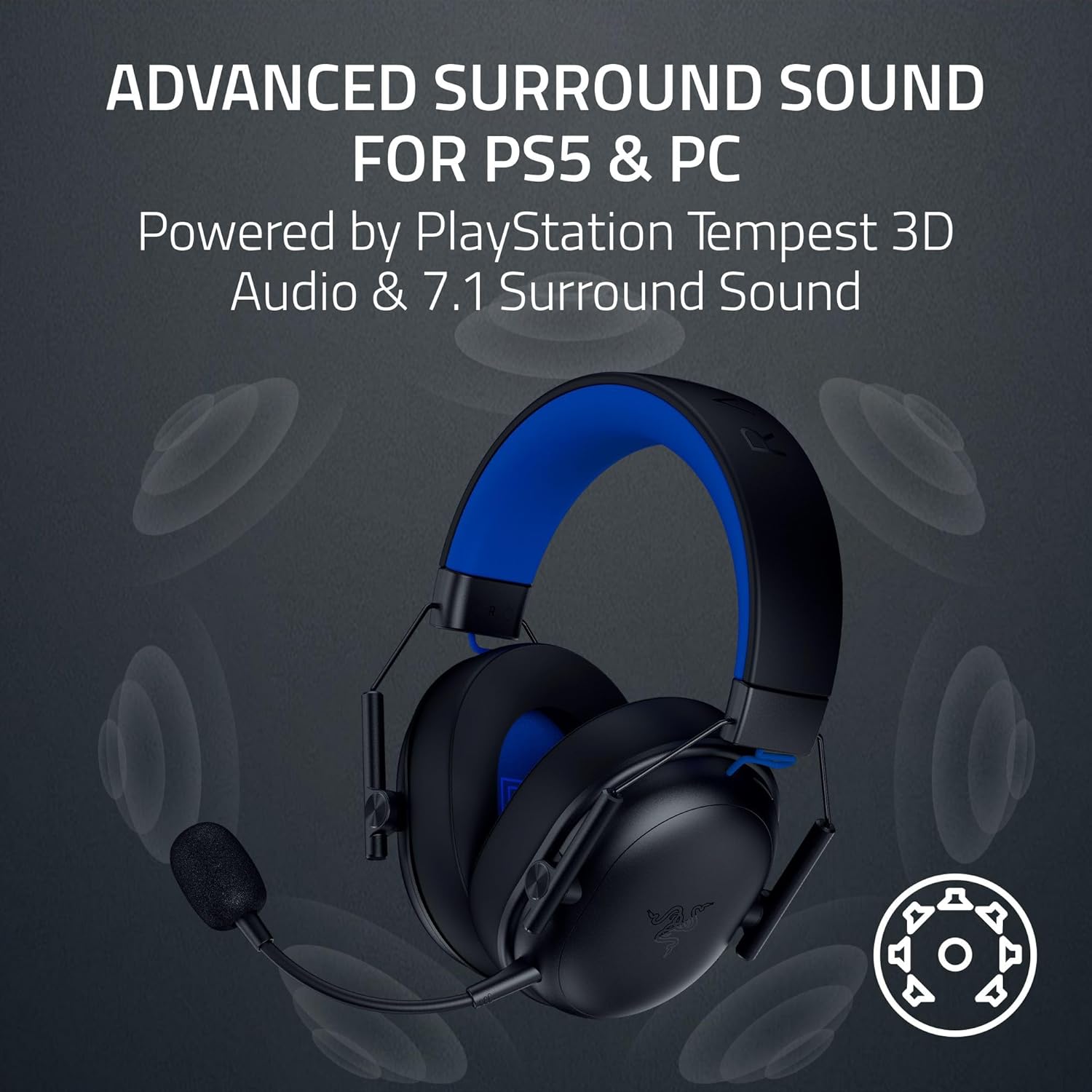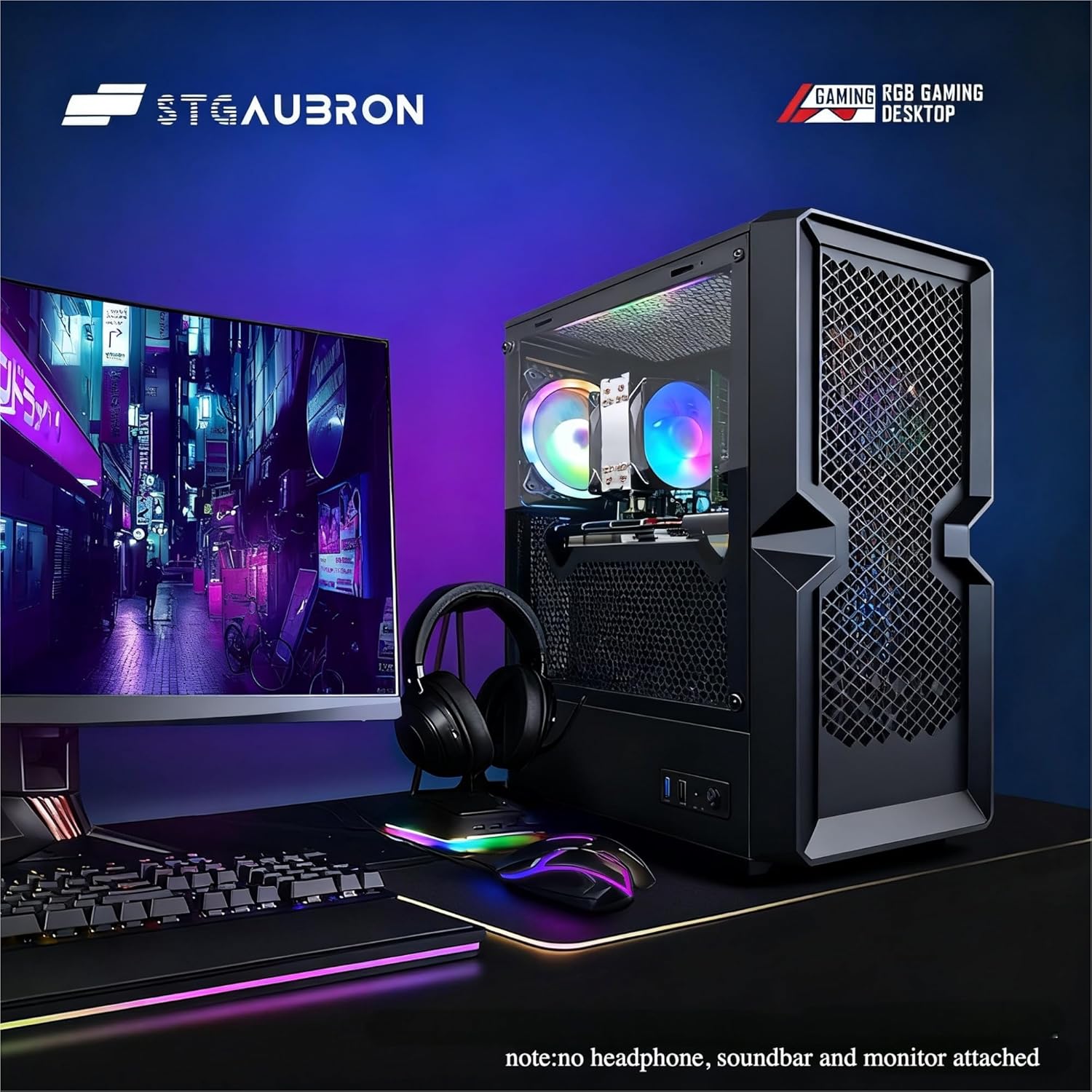When I was a teenager, I spent half my time playing games and the other half tweaking them. I loved downloading mods, finding hidden config files, and changing weapon stats or textures just to see what would happen. Years later, when I started making my own games with C#, I was excited to finally enable others to do the same.
Modding isn’t just a bonus. Done right, it keeps your game fresh, builds a community, and opens the door to collaborations you didn’t expect. And the good news: Unity and C# give you everything you need to make your game mod friendly from the ground up.
If you’ve already made a working prototype and especially if you’ve optimized performance for smoother gameplay now’s a great time to think about long-term life and flexibility.
Why allow modding?
Mods give players creative ownership. They can add content, change mechanics, or even turn your 2D shooter into a farming simulator (trust me, people will try). As a solo dev or small team, modding also means your game keeps evolving without you needing to build everything yourself.
Some popular indie games owe their success in part to mod support. It’s not just something for AAA titles with huge budgets. With C#, even basic tools for extension can go a long way.
Start by planning for modularity
The key to good mod support is clean architecture from the beginning. Don’t hardcode everything. Instead, use flexible, data-driven approaches.
Things I like to externalize:
- Weapon stats in JSON or XML files
- Dialogues and story content in editable text assets
- Levels as prefabs that can be loaded dynamically
- Enemy behaviors controlled by parameters, not fixed scripts
By loading data from external files or folders, you make it possible for players to modify or replace content without touching the core code.
[System.Serializable]
public class WeaponData
{
public string name;
public int damage;
public float fireRate;
}WeaponData sword = JsonUtility.FromJson<WeaponData>(File.ReadAllText(path));When I opened my first mod folder in my own game—and saw custom content someone added from Brazil—I realized just how powerful this was.
Creating a simple mod system
Let’s say you want players to add custom enemy prefabs. Here’s a basic way:
- Load prefabs from a “Mods” folder in your game directory
- Use
Resources.Load()orAssetBundlesto pull them into your scene - Spawn them like any other enemy, possibly with their own scripts
GameObject modEnemy = Resources.Load<GameObject>("Mods/RedDragon");
Instantiate(modEnemy, spawnPoint.position, Quaternion.identity);If you use AssetBundles, you can even load entire UI panels or new environments. Players just need to follow your file and name structure.
Tip: document your folder layout and give sample files to encourage good modding practices.
Supporting scripts and APIs
Advanced modders might want to write their own code. This is trickier, but doable.
One approach is to define a public API in your game. You expose certain events or hooks—like OnPlayerDamage, OnLevelLoaded, or OnEnemyDeath.
In Unity and C#, you can allow DLL injection or use Assembly.Load() carefully. Security is important, so always sandbox or review any external code execution if you’re including community-built DLLs.
A simpler method is using UnityEvents or delegates, allowing mods to subscribe to actions without directly interfering with your logic.
public static event Action OnPlayerJump;
void Update()
{
if (Input.GetKeyDown(KeyCode.Space))
{
OnPlayerJump?.Invoke();
}
}This structure lets your core code stay clean while modders can plug in interaction points for their content.
Let players find and share mods
Once you have a stable system, encourage modding by:
- Creating a modding subfolder in your game directory
- Publishing documentation with examples
- Providing a demo mod template
- Linking to a Discord or community page for support
- Supporting Steam Workshop or another mod browser (if distributing on PC)
Even if only a handful of people make mods, many more will download and enjoy them. I’ve seen small games with a dozen mods that completely change the tone, from horror to comedy, just through content swaps.
Limiting risk
Modding brings amazing creative potential, but it also means less control over the experience. Some tips:
- Isolate mod content from critical core files
- Let players enable/disable mods from a settings menu
- Catch exceptions so a broken mod doesn’t crash the game
- Allow logging or feedback so mod creators know what’s going wrong
Adding a “Safe Mode” that loads without mods can also help players recover from breaking changes.
Final thoughts
Empowering others to reshape or extend your game is incredibly rewarding. You’re not just releasing a finished product you’re launching a platform. Even with simple tools, people will surprise you with what they build. Mods aren’t just for others either you might reuse the system yourself for future expansions or seasonal content.
That’s the beauty of games built with C#: you own the structure and can open it up safely, bit by bit.
Before closing the loop, I’d invite you to revisit where it all begins—if you haven’t already explored the smooth starting steps, check out Getting Started With C# and Unity Engine.

Results
Razer BlackShark V3 X HyperSpeed Wireless Gaming Headset for PS5: 50mm Drivers - Cardioid Mic - 2.4 GHz, Bluetooth - Works with PC, Mac, Nintendo Switch, Smartphone - Long Battery Life - Black

STGAubron Gaming PC Desktop
STGAubron Gaming PC Desktop Computer, Intel Core i5 up to 3.6G, Radeon RX 590 8G, 16GB RAM, 1TB SSD, 600M WiFi, BT 5.0, RGB Fan x3, Windows 11 Home

